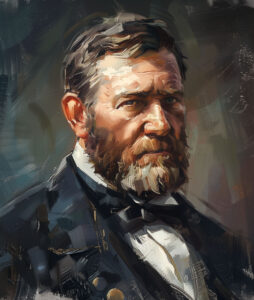Disunion: The Coming of the American Civil War 1789-1859
by Elizabeth R. Varon, University of North Carolina Press
As Americans debated the fate of slavery in the decades before the Civil War, the word most often on their lips was not secession but disunion. That word would cast the specter of social and political armageddon over the land for many groups in antebellum society, both North and South.
In examining how “disunion” was used for a variety of social and political ends, Elizabeth Varon has produced a cogently reasoned intellectual history of a frequently misunderstood historical term. “Disunion was, like freedom, slavery, democracy, and tyranny, a keyword of the nation’s political vocabulary,” she writes, “a word that…served as a site for protracted moral, political, and economic conflicts in a deeply divided nation.”
Disunion resonated deeply with antebellum Americans because it suggested the Founding Fathers might have failed to establish an exemplary form of popular government that united the citizenry in a sacred federal compact unique among the nations of the world. Varon looks at how different groups put disunion “to a stunning range of uses.” She identifies five distinct categories: a prophecy of national ruin; a threat of withdrawal from the body politic; an accusation of treasonous conspiracy; a process of sectional opposition; and a program for regional separatism.
Varon successfully weaves together political debates, contemporary journalism, literary fiction and nonfiction, sermons from the pulpits of the nation’s leading churches and other sources of popular culture to scrutinize “what the participants said, what they believed, and how they expressed their own passions, and agonies, as they set the Union on the road to war.” Among those participants were white women and African Americans who, for the first time on the American intellectual scene, actively participated in the social ferment kindled by the debates over disunion and the role slavery played in fanning them.
Rather than attempting to argue an alternative causation modality for the coming of the war, Varon offers “a new way to look, literally, at the terms of the debate that pulled the Union apart.” She analyzes the many ways the word disunion was used to color not only the debate about slavery but other constitutional and sectional crises that beset the fledgling republic. As Varon concludes, “rhetoric shaped and limited Americans’ political and moral imagination, ultimately discouraging a politics of compromise and lending an aura of inexorability to the cataclysmic confrontation of North and South.”
Originally published in the December 2009 issue of Civil War Times. To subscribe, click here.




